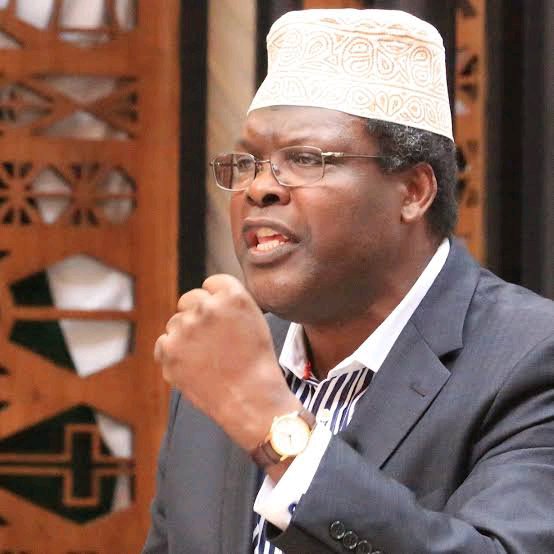In Kenya’s democratic journey, citizens play a crucial role in shaping governance. However, there’s a disconnect between criticizing policies and actively participating in the democratic process. According to the Independent Electoral and Boundaries Commission’s (IEBC) 2022 General Election Report, voter turnout was approximately 65.4% of the registered voters. Yet youth participation was relatively low, with only 39.84% of registered voters being between 18 and 35 years old. The Youth Cafe’s 2023 analysis of the election further revealed this figure represented a decline of 5.17% from the 2017 elections. This raises pressing questions about the millions of citizens who did not participate, particularly the youth.
“The most common way people give up their power is by thinking they don’t have any.” — Alice Walker.
This dynamic manifests in various ways, including lack of participation, misinformation, and expectation without contribution. Not voting or engaging in civic duties, spreading false information about governance without fact-checking, and demanding change without contributing to the solution can hinder progress.
When engaging with budget policies, many citizens might find the details complex or uninteresting. Yet these decisions directly affect daily life. For instance, the Government of Kenya’s Budget Policy Statement 2022 shows that education receives around 17% of the national budget, while healthcare receives about 8%. Understanding such allocations is crucial for making informed decisions and advocating effectively for one’s needs.
A practical illustration of this need for engagement is seen in the story of Aisha, a university student passionate about environmental conservation. She notices the government’s plans to construct a new factory near her community, potentially polluting the local river and affecting residents’ health.
Would it be right for Aisha to start a petition and engage in discussions with local leaders to voice her concerns?
In my opinion, yes. Aisha’s actions would be a constructive way to express her concerns and advocate for her community’s well-being. By engaging in dialogue with local leaders, she can help raise awareness and potentially influence more sustainable decisions.
To bridge this gap, citizens must educate themselves, participate actively, and hold themselves accountable. Understand government policies and their implications, vote, attend public meetings, engage in discussions, and reflect on their own roles in governance.
When citizens come together to demand change, their voices become louder and harder to ignore. Collective action can lead to meaningful reforms and hold leaders accountable. For example, the #ReclaimYourVote movement in Kenya mobilized citizens to demand electoral reforms, contributing to the passage of the 2010 Constitution. Similarly, protests against the Finance Bill 2024 led to the withdrawal of contentious provisions. These examples demonstrate the power of collective action in shaping governance.
It’s time for citizens, especially the youth, to recognize their power and wield it effectively. The youth are not just the leaders of tomorrow; they are the change-makers of today. With their energy, creativity, and passion, they can drive meaningful reforms and shape the future of governance.
By challenging our own biases, seeking diverse perspectives, and demanding transparency, we can work towards a more inclusive and accountable governance system. Governance is not just a leader’s duty; it’s a collective responsibility. In the end, our silence doesn’t protect us—it only protects the status quo. And sometimes, silence screams complicity.
In conclusion, the future of Kenya’s governance lies in the hands of its citizens. By embracing active participation, collective action, and accountability, Kenyans can shape a brighter future and ensure that their voices are heard. The time for change is now; let us seize it with courage and conviction.


